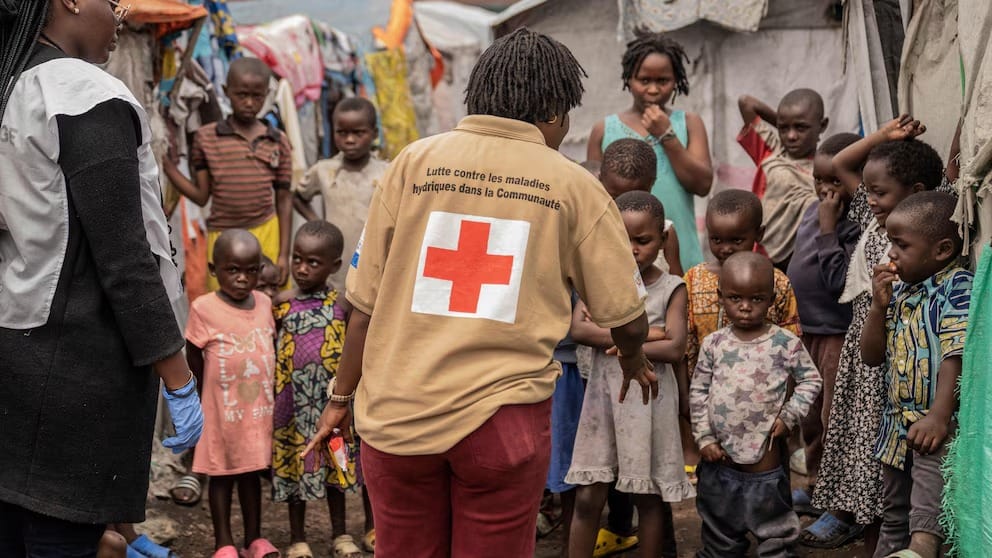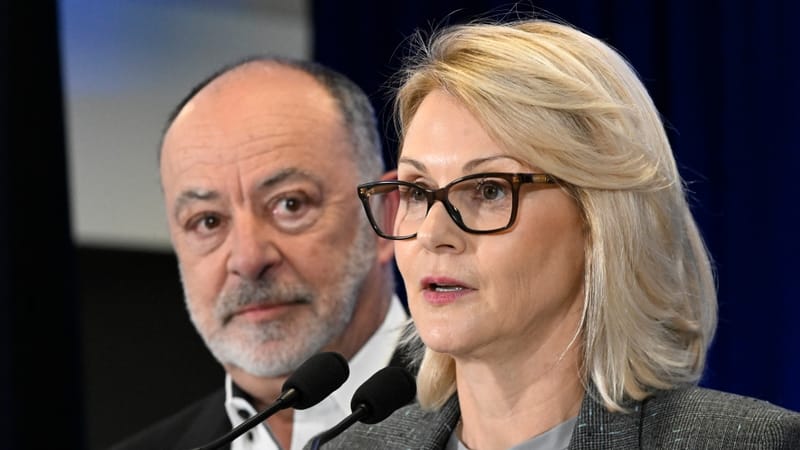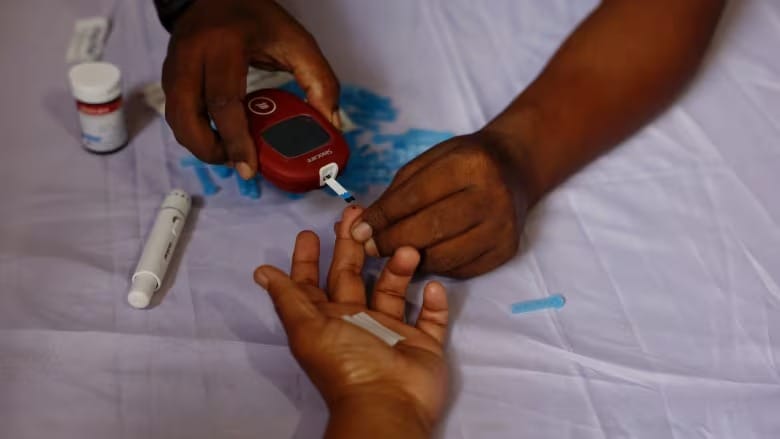Africa’s mpox outbreaks due to decades of neglect, experts say
According to Dr. Dimie Ogoina, who chaired WHO’s mpox emergency committee, negligence had led to a new, more transmissible version of the virus emerging in countries with few resources to stop outbreaks.

The rising mpox outbreaks in Africa, which prompted the World Health Organization (WHO) to declare a global emergency, are largely due to decades of neglect and the international community’s failure to contain sporadic epidemics in populations with low immunity to the smallpox-related disease, according to African scientists on Tuesday.
Dr. Dimie Ogoina, who chaired WHO’s mpox emergency committee, highlighted that this negligence has led to the emergence of a new, more transmissible strain of the virus in countries with limited resources to control outbreaks.
Mpox, also known as monkeypox, had been spreading mostly unnoticed for years in Nigeria and other regions before the disease triggered the 2022 outbreak across more than 70 countries, Ogoina explained during a virtual news conference.
“What we are witnessing in Africa now is different from the global outbreak in 2022,” he said. While the 2022 outbreak primarily affected gay and bisexual men, the current spread of mpox in Africa is occurring through sexual transmission as well as close contact among children, pregnant women, and other vulnerable groups.
Ogoina also pointed out that while most people over 50 were likely vaccinated against smallpox, offering some protection against mpox, Africa’s predominantly young population remains largely susceptible.
Mpox, which belongs to the same virus family as smallpox, causes milder symptoms like fever, chills, and body aches. It primarily spreads through close skin-to-skin contact, including sexual activity. Severe cases can result in prominent blisters on the face, hands, chest, and genitals.
Earlier this month, WHO declared the escalating mpox outbreaks in Congo and 11 other African countries a global emergency. Of the 18,910 cases reported in 2024, 94%—or 17,794—occurred in Congo, according to the Africa Centers for Disease Control and Prevention, with 535 of the 541 deaths reported last week. Nearly 70% of mpox infections in Congo are in children under 15.
Dr. Placide Mbala-Kingebeni, a Congolese scientist who helped identify the latest mpox strain, noted that diagnostic tests currently used in the country often fail to detect the variant, complicating efforts to track its spread.
In May, Mbala-Kingebeni, who leads a lab at Congo’s National Institute for Biomedical Research, published research indicating that the new mpox strain might be less deadly but more transmissible. He suggested that mutations in the new strain indicate it is “more adapted to human transmission,” but the lack of adequate testing in Congo and elsewhere hampers efforts to monitor outbreaks.
The new variant has been detected in four other African countries, as well as in Sweden, where health officials recently identified the first case of a person infected with the more transmissible strain during a stay in Africa.
WHO stated that current data does not indicate that the new strain is more dangerous, but research is ongoing.
Marion Koopmans, a virologist at Erasmus Medical Centre in the Netherlands who has been studying mpox, reported that scientists are observing significant impacts from the disease, including miscarriages in pregnant women and babies being born infected with mpox, leading to "severe outcomes."
Ogoina, a professor of infectious diseases at Niger Delta University in Nigeria, emphasized that in the absence of vaccines and treatments, African health workers should focus on providing supportive care, such as ensuring patients have adequate nutrition and mental health support, given the stigma associated with mpox.
“It’s very, very unfortunate that we have had mpox for 54 years and we are only now thinking about therapeutics,” he lamented.
Mbala-Kingebeni suggested that strategies previously used to contain Ebola outbreaks in Africa might be helpful, especially given the limited supply of vaccines. Authorities estimate Africa needs about 10 million doses but may only receive around 500,000, with no clear timeline for their arrival.
“Finding a case and vaccinating around the case, like we did with Ebola, might help us target the hot spots,” he said.
On Tuesday, WHO issued an appeal for $87.4 million over the next six months to stop the spread of mpox. The agency noted that past efforts to raise funds for mpox did not attract a single donor.





